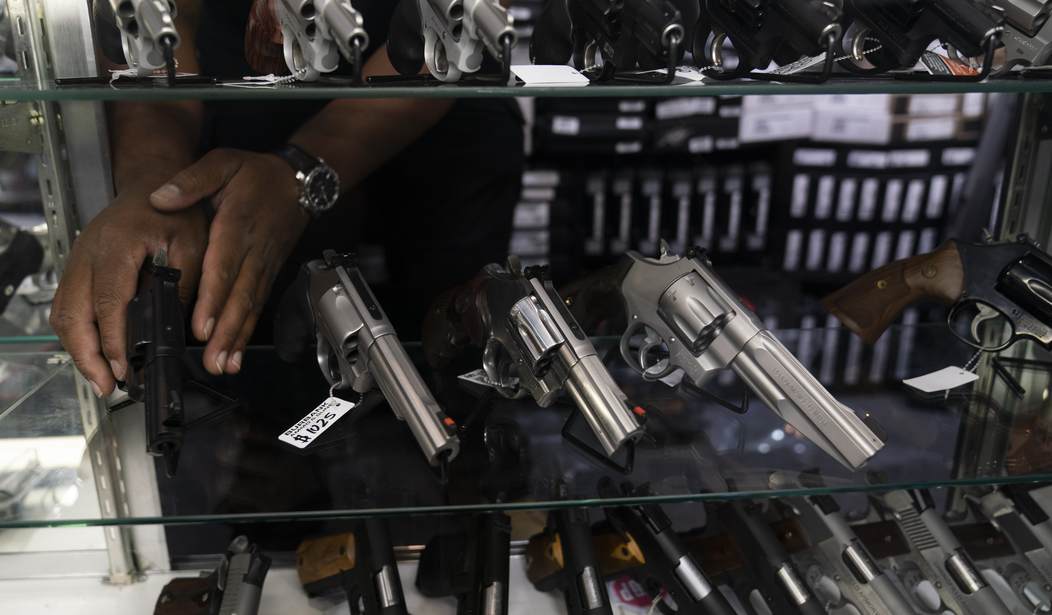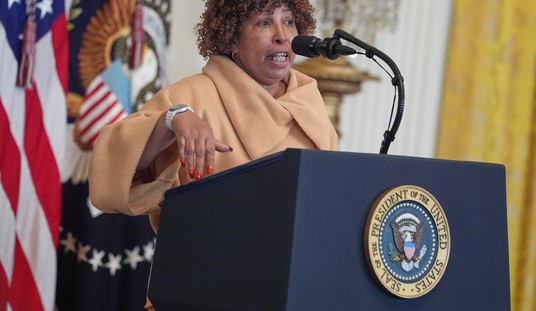Colorado just passed a slew of laws designed to crack down on gun ownership. Amid skyrocketing crime rates and a series of high-profile mass shootings, anti-gunner lawmakers in various states are using these tragedies to target lawful gun owners.
However, with the Supreme Court’s ruling in New York Rifle & Pistol Association v. Bruen, it is not clear that this new wave of legislation will stand.
The Associated Press reported:
Colorado’s governor signed four gun control bills Friday, following the lead of other states struggling to confront a nationwide surge in violent crime and mass shootings, despite a recent U.S. Supreme Court ruling that expanded Second Amendment rights.
Before the ink was even dry on Gov. Jared Polis’ signature, gun rights groups sued to reverse two of the measures: raising the buying age for any gun from 18 to 21, and establishing a three-day waiting period between the purchase and receipt of a gun. The courts are already weighing lawsuits over such restrictions in other states.
Supporters of the legislation cheered, and opponents raised concerns. These laws are supposedly aimed at addressing the rising rate of gun violence, but opponents argue that they infringe on Second Amendment rights and do not address the root causes of gun violence.
The first of these new laws raises the minimum age for buying firearms from 18 to 21. Proponents argue that this change will prevent guns from falling into the hands of young people who are prone to violence. However, this law ignores the fact that most gun crimes are committed by individuals who obtain their firearms illegally, rather than purchasing them legally.
Furthermore, this law discriminates against young adults who are legally allowed to vote, serve in the military, and own property, but are now prohibited from purchasing firearms. This could potentially create a black market for guns, where young adults will seek to obtain weapons illegally rather than through lawful means.
The second new law establishes a three-day waiting period between purchasing a gun and receiving it. Proponents argue that this delay will prevent impulsive acts of violence and reduce the risk of suicide by firearm. However, this law will do little to deter those determined to commit violent acts. Criminals who obtain firearms illegally will not be subject to this waiting period, making it an ineffective measure in reducing gun violence.
Furthermore, this waiting period will hinder the ability of law-abiding citizens to defend themselves and their families against violent attackers. Victims of domestic violence and other crimes may be prevented from obtaining a firearm in a timely manner, which could put their lives in danger.
The third new law strengthens the state’s red flag law, also known as an extreme risk protection order. This law empowers mental health professionals, teachers, and other individuals to petition a judge to temporarily remove someone’s firearm if they believe that the individual poses a risk to themselves or others.
However, opponents argue that this law could be abused by those with malicious intent. Individuals could falsely claim that someone poses a risk, resulting in the unjust seizure of firearms. This could also discourage individuals from seeking mental health treatment or candidly speaking with their doctors for fear of having their weapons temporarily seized.
The fourth new law rolls back some legal protections for the firearm industry, exposing them to lawsuits from victims of gun violence. This law is aimed at allowing victims of gun violence to hold firearm manufacturers accountable for their products. However, opponents argue that this law is misguided, as these companies should not be held responsible for the illegal use of their products.
These new gun control laws in Colorado are a knee-jerk reaction to the rise in gun violence and do little to address the root causes of this issue.
But Colorado is not the only state trying to make it harder for law-abiding Americans to keep and bear arms. Washington has already passed radical gun control legislation, with Maryland poised to follow. Washington Gov. Jay Inslee signed a package that bans assault rifles, mandates training for gun purchasers, and also addresses legal liabilities for gun dealers and manufacturers.
Maryland Gov. Wes Moore is set to sign a gun control package that carries prohibitions for civilian gun owners to bring their weapons to schools and other sensitive locations. One of the bills passed by the legislature removes the “good and substantial reason” requirement for a concealed carry permit, while another raises the minimum age for purchasing a firearm from 18 to 21. Gun rights groups are questioning the constitutionality of the bills in both states and have threatened legal action.
While these states are enacting more restrictions on firearms, they could run into trouble maintaining them due to the Bruen decision. The ruling requires that gun control legislation has to be “consistent with the nation’s historical tradition of firearm regulation,” which has allowed gun rights groups to have many of these laws struck down.
The most recent case is found in Illinois, where a federal judge issued a preliminary injunction against the Protect Illinois Communities Act (PICA), which sought to ban assault weapons in the state. Judge Stephen P. McGlynn of the Southern District of Illinois ruled that the law violates the Second Amendment and Supreme Court precedents set by the Heller and Bruen cases.
McGlynn also ruled against the law’s prohibition on “non-essential accessories” on firearms, such as threaded barrels, barrel shrouds, flash suppressors, or arm braces, as well as bans on 15-round handgun magazines. The judge found that accessories, high-capacity magazines, and “assault rifles” like AR-15s and AK-47s are protected under “common use” because all of them have millions of units in circulation. The law will be blocked while a lawsuit proceeds.
The Supreme Court’s ruling has drastically altered the landscape of the gun debate. Anti-gunner politicians are desperately trying to find ways to subvert the legal ramifications of the ruling. But they haven’t had much luck in this regard.
There is a decent chance that many of these new laws will be successfully challenged in court thanks to the Bruen decision. But this does not mean the anti-gunner lobby won’t still keep trying.













